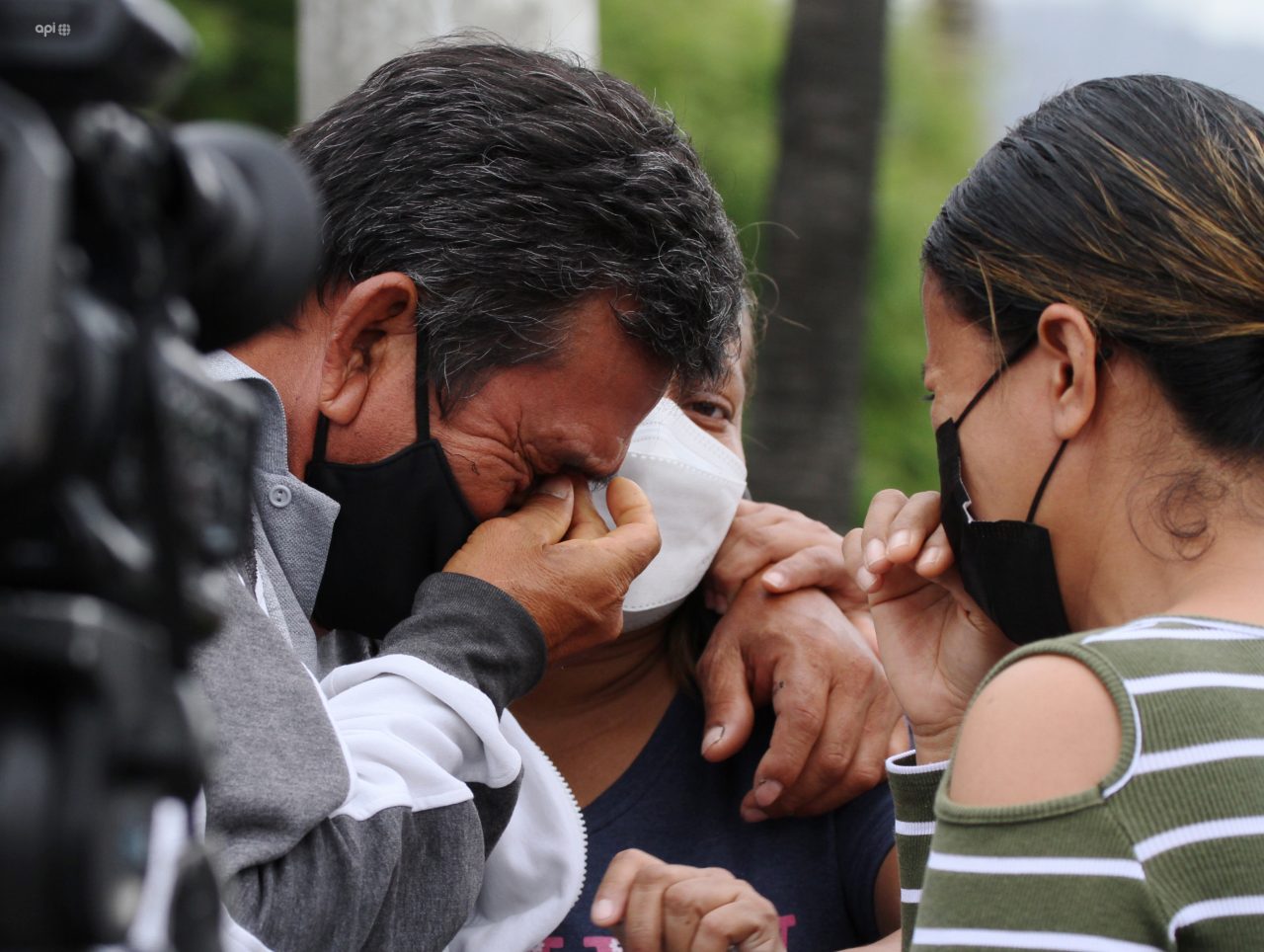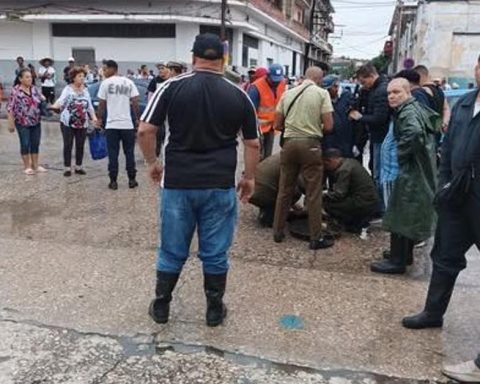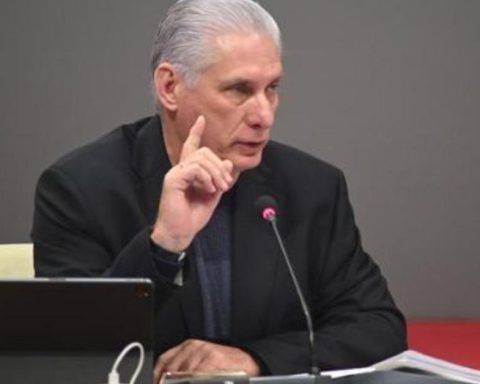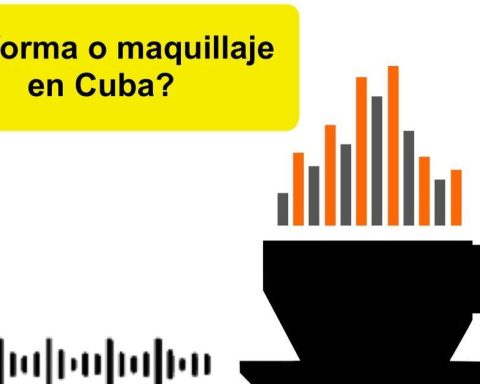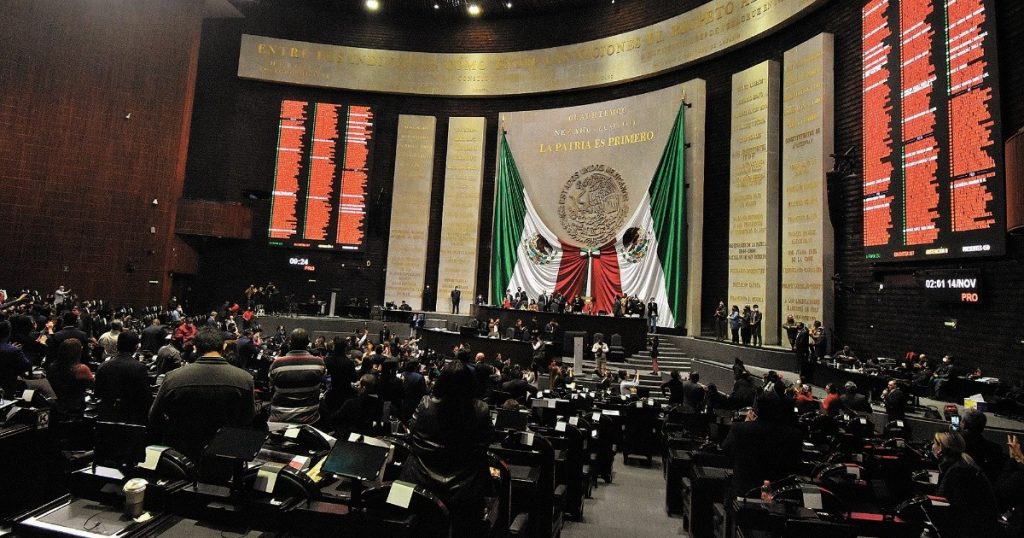Throughout history, the ‘peace treaties’, between governments and criminal groups, have been a strategy to stop violence, but Ecuador is not in the capacity to do so.
Should he Ecuadorian state negotiating with criminal groups to stop violence in prisons? For security experts Mario Pazmiño and Daniel Pontón, the real question is:Is the Government of Guillermo Lasso in the capacity to negotiate with narco-criminal gangs?
Before having an answer it is necessary to know that throughout history, the leaders of countries in social conflicts with high degrees of violence they have opted for Peace Agreements. The closest example is Colombia.
Short term results
In 2002, Colombian President Álvaro Uribe began an open and formal negotiation with paramilitary groups. At the beginning of 2003 an agreement was reached. In 2005, the Colombian Congress issued a law for the peace agreement with reduced sentences and no extradition. In return, the paramilitaries had to make a full confession of their crimes, hand over their ill-gotten assets, and other forms of reparation for the victims.
Between 2002 and 2006, the number of homicides and kidnappings fell 50% and 80%, respectively.
However, for 2009 homicide rates rose again since a ‘cornerstone’ of the guerrilla conflict has not had a solution: drug trafficking.
Daniel Pontón, security analyst and professor, says that conditions are not similarWell, when there were these negotiations the guerrilla groups were weakened. In the prisons of Ecuador, criminal gangs have more and more power.
“At the present time (prisons in Ecuador) those who would set the conditions are the PPL (persons deprived of liberty) and not the state“, He says.
Negotiating “peace” in these moments would stoke the ego of the criminals and make them believe that if they turn violent enough they may receive state privilege treatment.
Disorder between law enforcement agencies
As long as the disputes between institutions, the killings will continue.
The president, Guillermo Lasso, has indicated that the Constitutional Court does not allow the military to act inside prisons. The General Commander of the Police, Tannya Varela, has criticized the judges and “it is noted that there is a disconnect between the Police, the Armed Forces and the SNAI (Comprehensive Attention Service for Persons Deprived of Liberty),” Pontón points out.
Only in this way can a project of restructuring of the prison system. And only in this way could it be possible to give way to negotiation processes in the that the State gives space to the prisoners for the administration of prison life. “But here, not only space has been ceded, but also economic and administrative control. There is a resignation of the State to the capacity to have control of the prisons (…) Why are there prisoners with so many privileges, how do they have control of the prisons? And the State does not flinch “, Ponton questions.
State with little operational capacity
About seven hours passed before the National Police intervened in the Litoral penitentiary, where 62 people died between November 12 and 13, 2021. The General Commander of the Policeman He said that the prisoners used weapons of all kinds and that the institution, due to a lack of contingent, decided not to enter to prevent “something worse” from happening.
Mario Pazmiño, former intelligence chief of the Armed Forces, indicates that this message is wrong. “Because the military and police institution does not wait for the conditions to be favorable to be able to act. The Public Force acts in any type of conditions and under adverse conditions, if not, we are lost ”.
Ponton adds that there is no lack of weapons, but of operational capacity.
How to regain control?
Pazmiño indicates that one solution is for the National Police to take charge of the prisons for at least two years. Time in which the State must prepare prison guides and increase them.
For him, if the ban on the entry of the military is maintained, the agitation in prisons will escalate. Pontoon agrees and says that there will come a point where not even the pavilion leaders will be able to do anything. The prison system – he warns – is moving towards a model of anarchy and of installing a necropolitics in which people kill themselves for no reason, neither for control, nor for space, nor for gang wars.
For this, it is urgent that overcrowding be reduced (it is around 38%), that there be decent living conditions, separation of pavilions and agile sentencing processes. (AVV)
Massacres 2021
Prisons Ecuador
February 23, 2021
- Turi jail: 34 dead
- Guayas Regional: 31
- Cotopaxi jail: eight
- Litoral Penitentiary: six
Total: 79 dead
July 21, 2021
- Cotopaxi jail: 8 dead
- Litoral Penitentiary: 19
Total: 27 dead
September 28, 2021
Litoral Penitentiary: 118 dead
November 12-13, 2021
Litoral Penitentiary: 62 dead
Source: SNAI
El presidente Guillermo Lasso no ha mencionado negociaciones con presos, pero sí un proceso de diálogo.
“The problem with the peace treaties is that the issue of impunity will always be at stake, in question. I believe that the killings in prisons should not go unpunished ”, Daniel Pontón, professor and security analyst.
“The State cannot negotiate in a position of weakness. He must enter to negotiate with the mega-gangs as long as he takes control of the prisons. There he can establish certain types of conditions ”, Mario Pazmiño, former intelligence director of the Armed Forces.
“Peacemaking processes negotiated with criminal groups are morally and politically very complicated”, Alejandro Hope, Mexican security analyst.
